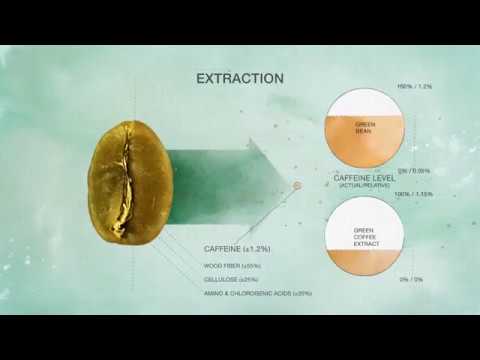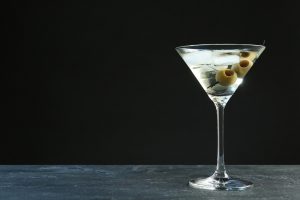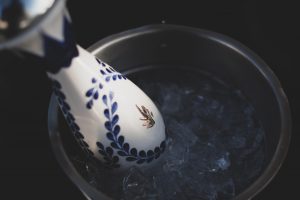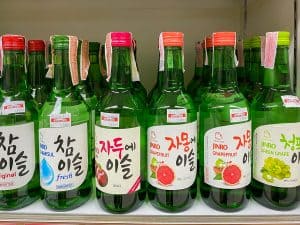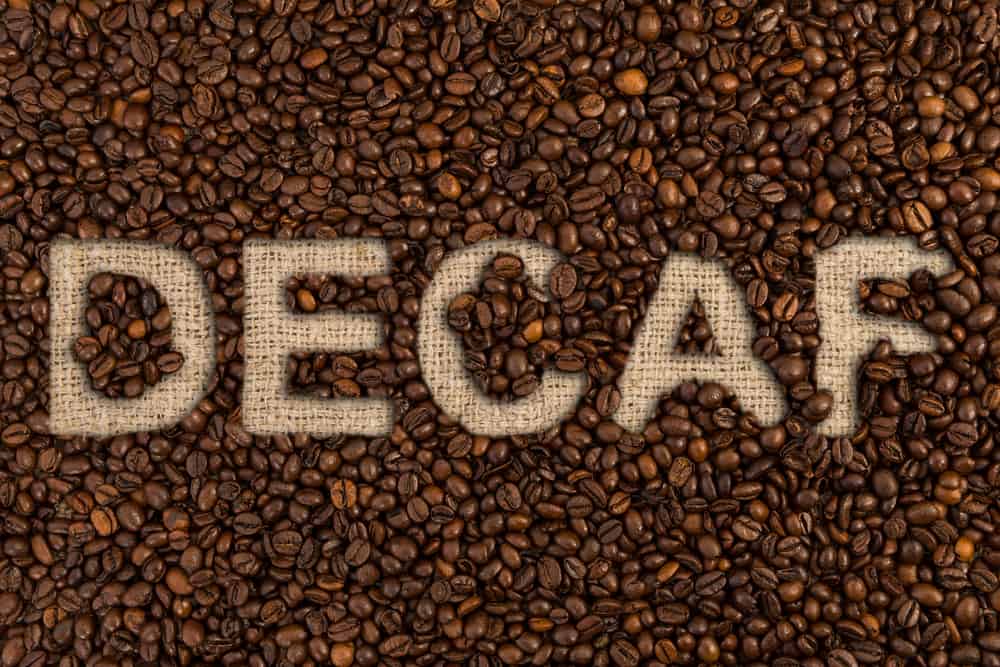
Decaf is an option on almost coffee shop and restaurant menus as an alternative to regular caffeinated coffee. Contrary to popular belief, it still contains small amounts of caffeine, but the bulk has been removed.
Decaf is a good option for people who don’t want to suffer the side effects of caffeine. This can include insomnia, jitters, increased heartbeat, or even anxiety. Decaf coffee also offers a host of health benefits as well.
First, we’ll look at the reasons why people drink decaf coffee and then learn how decaf coffee is produced.
Reasons Why People Drink Decaf Coffee
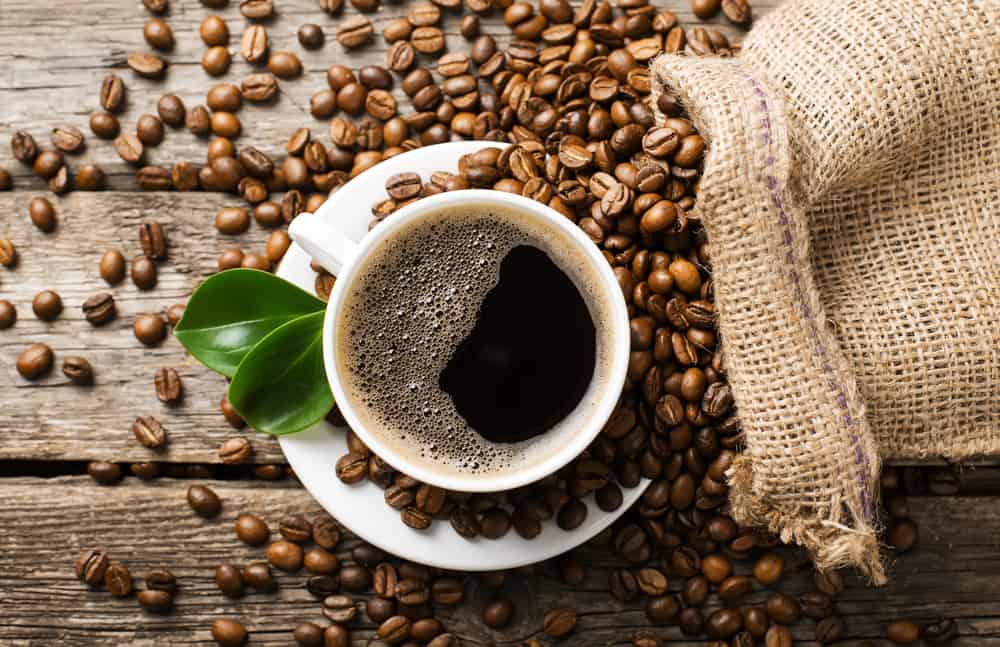
Some people drink decaf for health reasons, others for the taste without the jitters and sleepless nights.
Health Benefits of Decaf Coffee
There are a host of health benefits attached to drinking decaf coffee.
Some of them include:
- You will feel less anxiety and sleep better due to less caffeine in your bloodstream
- It still contains high levels of antioxidants, which can help prevent conditions such as cancer (female drinkers have their risk of breast cancer reduced), and cells are protected from damage that may lead to type 2 diabetes.
- Decaffeination does not remove chlorogenic acid, which helps regulate blood sugar levels.
- It is a sugar-free and fat-free beverage.
- Couples trying to conceive may also benefit from decaf coffee. Generally, decaf is a better option while you are pregnant.
- Decaf still contains the polyphenols responsible for the brain’s cognitive abilities.
- Decaf can help if you suffer from chronic heartburn or gastroesophageal reflux disease (GERD).
Decaf Coffee Can Taste Great
Decaf has received a lot of flak throughout the years. In the 1970s, it had a bad reputation for being bitter and containing various chemicals.
Roasters were also partially to blame since they did not do their share to get high-quality beans. Decaf is considerably more expensive to make, and they occasionally utilize old coffee from prior crops or even low-quality coffees.
These characteristics have contributed to decaf’s negative reputation, and it was also mistakenly viewed as a coffee-derived “product” rather than actual coffee.
Previously, in the early 1900s, German coffee trader Ludwig Roselius had some coffee beans that were mistakenly drenched in seawater during shipment and were naturally decaffeinated, according to coffee mythology.
A few years later, he patented the first commercially accessible decaf coffee, but there was a catch. Instead of only salt water, he also added the solvent benzene to the mix. We bet his brew didn’t taste as good as current decaf coffee.
Modern methods such as the Swiss Water® method and carbon dioxide immersion produce safe decaf coffees that taste like real coffee without using solvents or other nasty chemicals.
You get 100% coffee-taste decaf coffee, nothing less, but all the health benefits coffee offers.
How Is Decaf Coffee Produced?
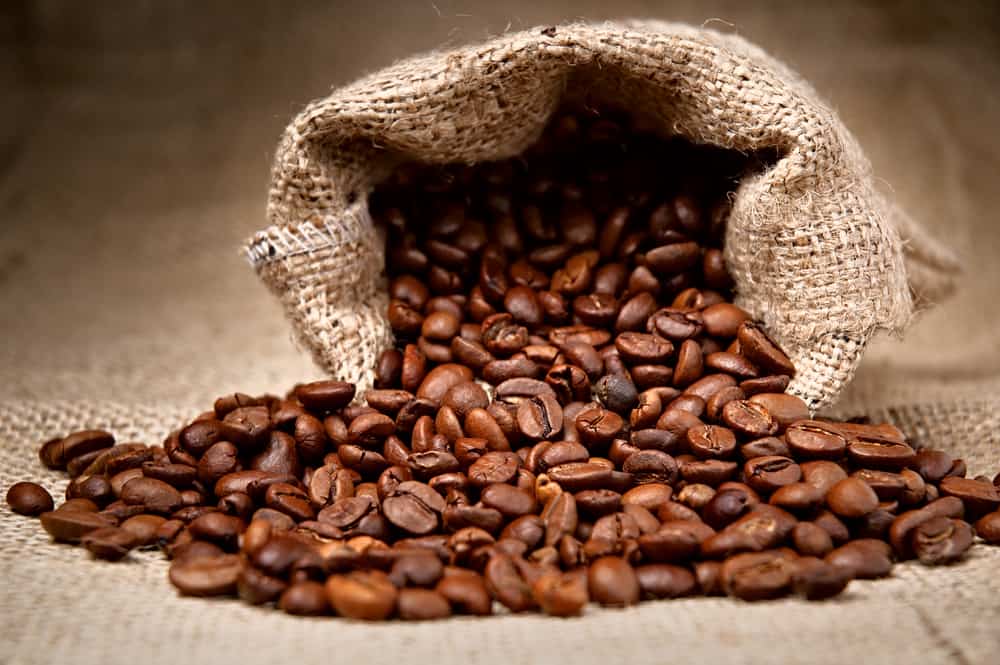
Three main methods can produce decaf coffee: the Swiss Water® Method, carbon dioxide gas, and methyl chloride.
Let’s explore these methods in more detail.
Swiss Water® Method
First and foremost, this is a patented approach. It depends on water, temperature, and time to extract caffeine from coffee beans—no chemicals are employed.
Swiss Water® is a technique invented in Switzerland in the 1930s and scaled up for commercial coffee production by the 1980s. Their corporate headquarters are in Burnaby, British Columbia, Canada. Theirs is the only organic and Kosher-certified factory.
This technique depends on caffeine’s dissolvability and osmosis to extract caffeine from green coffee beans. The beans are steeped in water to dissolve the caffeine.
Still, the sugars and other chemical components that give coffee its distinct scent and flavor are also dissolved. Don’t worry; the next step will keep your coffee flavor secure!
Because caffeine is a big molecule, it gets stuck in the filter while all the other goodies pass through. This extract is referred to as Green Coffee Extract.
The next batch of green coffee beans is steeped in this extract, which already contains the soluble coffee oils and compounds, allowing only caffeine to move from the beans to the extract.
This method eliminates 99.9% of the caffeine. The decaffeinated beans have been dried and are ready for consumption.
They keep an eye on the extract and remove the caffeine before it is used again for the next batch of decaffeination.
Carbon Dioxide Gas
The specifics of carbon dioxide (CO2) techniques vary. They use carbon dioxide’s unique capabilities to act as gas and a liquid when compressed.
This makes carbon dioxide extraction the optimal process for extracting caffeine from coffee beans without removing other beneficial chemical compounds or aromas.
Typically, steamed coffee beans are immersed in pressurized carbon dioxide gas throughout this procedure. Caffeine is extracted via charcoal filtration, similar to the Swiss Water® technique.
The beans keep their flavoring after the carbon dioxide decaf procedure, rather than having to be soaked. Carbon dioxide decaffeination may take some time to catch on with the general population and opinions on whether it is a suitable procedure.
Methyl Chloride Process
The beans are steeped in hot water throughout this procedure to extract caffeine. The beans are withdrawn from the water, and a methyl chloride solvent is added to the water.
The coffee beans are reintroduced to absorb flavorings after the methyl chloride-caffeine combination is skimmed from the water. Between 96 and 97 percent of the caffeine is eliminated.
The FDA permits up to 10 parts per million residual methyl chloride in the final coffee product to be safe for human consumption.
Conclusion
It all boils down to taste, whether individuals drink decaf coffee for health reasons or simply because they enjoy the taste without absorbing too much caffeine. Decaf does not have to take a back seat to regular caffeinated coffee.
The Swiss Water® technique and carbon dioxide gas-liquid immersion are the two most natural ways to produce decaf. Because just the caffeine is removed before roasting, the latter does not need re-infusing the coffee beans with aromatics and other compounds.
Enjoy your decaf coffee as you like, and don’t let others criticize you for making a healthy choice.

